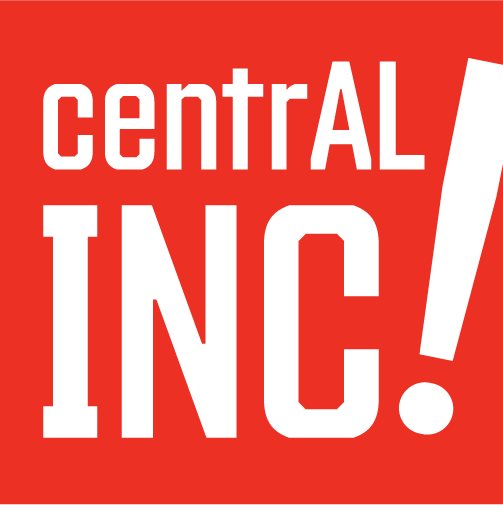With rising costs, continued inflation and a possible recession, many individuals may soon cut their spending and, often, that means donors will decrease their charitable giving and sponsorships.
Meanwhile, nonprofits are operating with already tight budgets and increased service demands. How can you prepare so you’re positioned well if hard times come?
1. PLAN NOW
Identify possible threats and consider how your organization can best meet your mission when income may be cut. Identifying key programs and developing a business continuity plan can lessen the overwhelming impact if economic conditions affect operations. Prioritize mission critical programs and create response strategies for different potential scenarios. Being proactive with a clear path to react will be essential for communication with staff, board members and public supporters.
2. REMEMBER YOUR RESERVES
Begin tightening your budget, paying down debt and shifting more to reserves. Reserves will put you in the best position to avoid making drastic service cuts when revenue streams slow or cease. If you haven’t already been working to build a reserve, make that a top priority now.
3. FOCUS ON EXISTING DONORS
It takes more time, effort and money to acquire a new donor than to keep existing ones. Communicate how much you value and need their support. Identify those loyal donors who could increase giving during a downturn.
4. BE OPEN MINDED
Be flexible and open to different funding streams. Remember state and federal funds tend to stay consistent or even increase when community needs increase. Keep your focus on your community and mission and find creative ways to meet the unmet needs of the people you serve. With careful planning, it’s possible for nonprofits to advance their missions through an economic downturn. Making strategic operational and financial decisions today sets your organization up well for the future.
5. BE TRANSPARENT
Let your board, your donors, your community and your contacts know that you’re monitoring the economy and that you’re strategically considering ways to stay on mission in the context of a recession. Your message should be different for each group, but remember that those who have invested in your organization or rely on your programs will want to stay in the loop.
Jeri Groce is a member in Warren Averett’s Audit Division and is a part of its Public Sector Industry Group and provides auditing, attestation and consulting services in the public sector industry. Contact: 334.260.2324 / [email protected]







